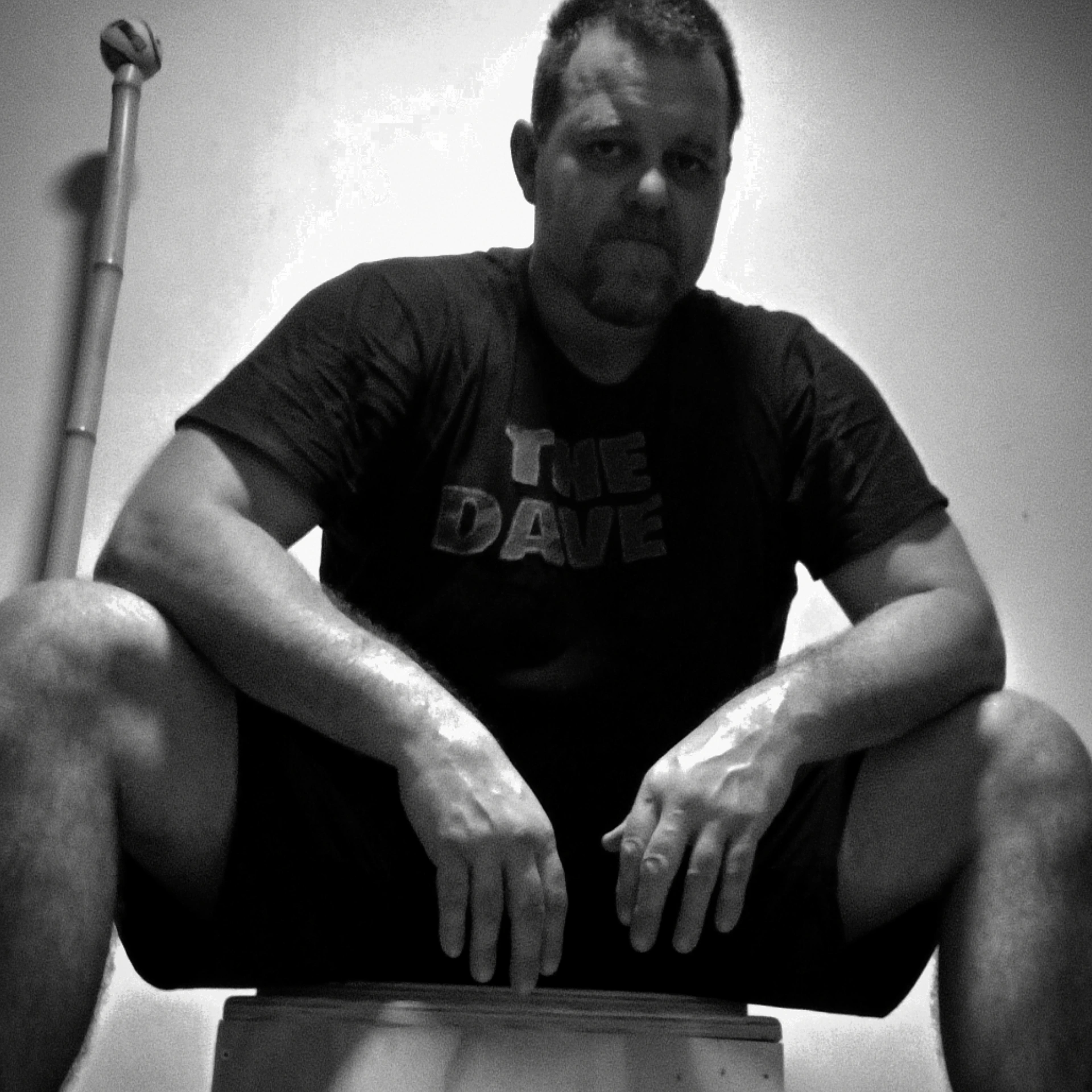2 of the Biggest Mistakes New Trainers Make
- Dave Hedges

- Apr 18
- 4 min read
Today's question comes from Andrew:
"Since there a lot of folks getting into personal training/fitness industry generally - what are some of the mistakes you've made in the past, and things you've bought into as a fitness professional that you would warn aspiring newbies off?"
- Andrew
Two things stand out with this question.
1: It's a great question, I don't know if Andrew is one of these new trainers, or he's simply asking out of interest, but great question.
2: If people are asking me questions like this, does this mean I'm officially old?
I don't want an answer to no 2....
But lets think about mistakes
Mistakes are opportunities to learn. In the words of (potentially) comedian Steve Allen, "Tragedy + Time = Comedy"
I say potentially as that's a quote that gets attributed to a great many people.
Who said it aside, the point is correct.
Whatever we do now, in time we should be able to look back at it and laugh, within reason of course.
So what do I look back at and laugh at, what have done in y past that I look back at and shake my head wondering what I was thinking.
Mistake 1: Red Lining Everybody, Every Time
Like a car engine has a red line where it is going as fast as possible, but will break if kept there, humans kind of do too.
I was of the opinion that we could get all the benefits of training by going as hard as possible every session.
This has a few problems.
The first is recovery, both acute and chronic.
Acute recovery is the recovery between sets. Chronic, between training sessions.
If you want to be strong, or powerful, or fast, you need long rests between sets, and even between sessions.
Because I grew up doing Karate, then running and cycling, my head was very much in the endurance camp, but with strength and power.
My strength training initiation was through training with Rowers.
Again, a lot of strength endurance, plus, we were teenagers and they were a top 15 squad in the UK.
We worked very hard.
But, we also did rest during our strength sessions, we just didn't notice it because we trained in groups. 1 lifting, the others supporting and we'd rotate through that lift until we'd done all sets. Rest was sneakily built in. I never copped on how to how long we were resting, because of the craic we were having.
Many trainers feel their clients may get bored waiting between sets, maybe the trainer themselves doesn't like the small talk or silences between sets. So they push forward.
Maybe influences from the likes of Crossfit and more recently Hyrox have crept in and the trainer thinks circuits are the way to go.
But lets understand that we cannot do all things all the time in our training.
Especially with new clients and definitely older clients.
All that said, I took to training to improve for Karate.
I knew what I needed and could reverse engineer the training to suit. As I gained experience, I could do that better and better.
This is what I did right.
As a trainer, I got really good at reverse engineering.
I could break problems down and see the training required to develop the skills and attributes needed to help the problem.
Yes, as a young trainer, I wanted to push people to that red line, but at the same time, with this reverse engineering mindset, we could adapt to the clients needs that day.
This brings me to a second point.
Mistake 2: My Way or the High Way
Ok, if you're a specialist in a particular code, say powerlifting, then you may have a pass.
But many trainers, especially newer ones, have a limited tool box and try to make everyone train according to their own biases.
And yes, I've been guilty of this.
But, just because I believe every squat should be ass to the grass, that everyone should swing kettlebells, doesn't mean I make clients squat deep or do anything with kettlebells.
Clients come to us with their goals held in their hands, not our goals, theirs.
The needs of a 20yr old Thai Boxer are going to be very different to a 50 yr old office worker. So they MUST train differently.
A climber has very different needs to a Golfist, so they MUST train differently.
And when you attach yourself to this idea of reverse engineering a problem to find the solutions is the only way you can serve these different populations.
Being locked into "I'm a Pilates instructor" "I'm a Kettlebell Instructor" "I'm a Hyrox Coach" limits you.
Maybe that gives you a "niche" but in my experience, many clients that came to me and stayed with did so because they'd come from trainers who tried to make them fit a mold that they did not fit.
Oh, and on the word "niche"
I worked with a French lady for a while and I was at that time asking people to help me describe what exactly I do, what my niche was, she came back with the best answer and the reason I've never worried about it since.
Cecile said, very matter of fact, "In French, Niche means Doghouse"
If you enjoy these newsletters, please hit reply and let me know your questions and subjects for future editions.
Chat soon

Comments